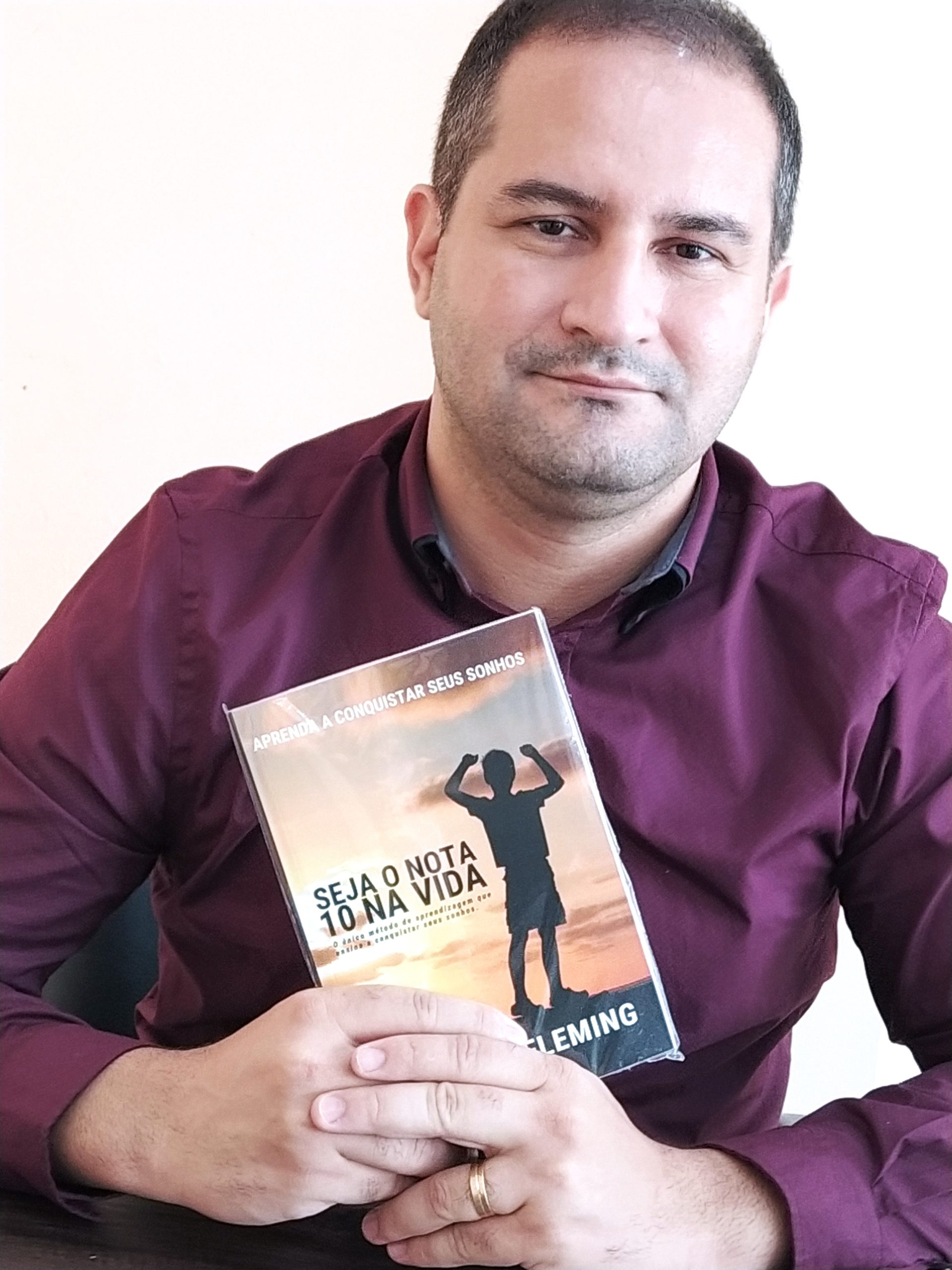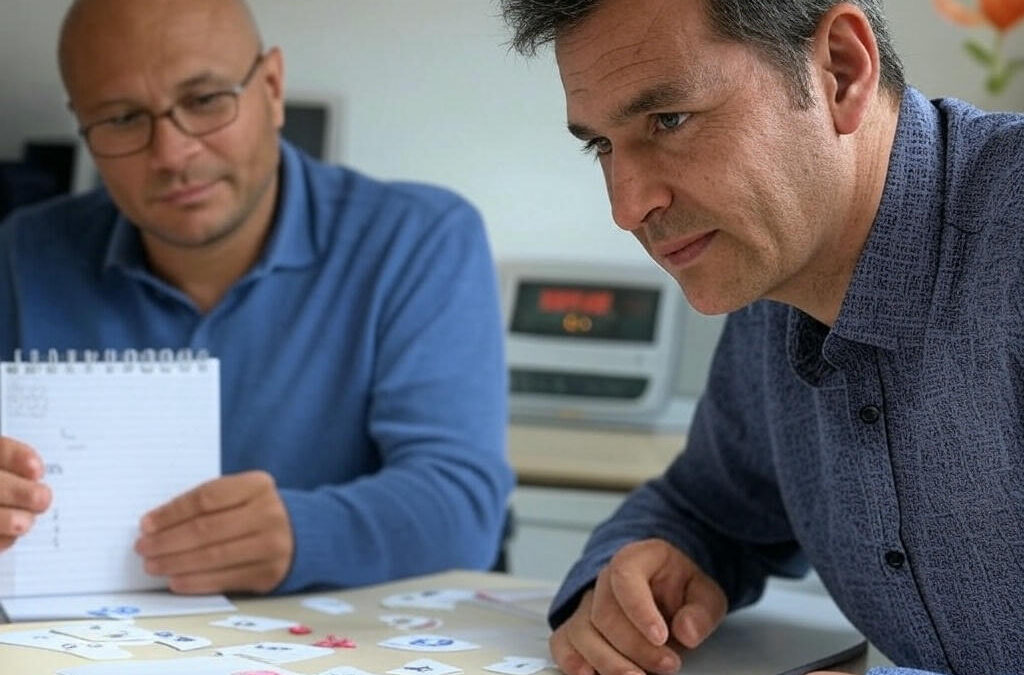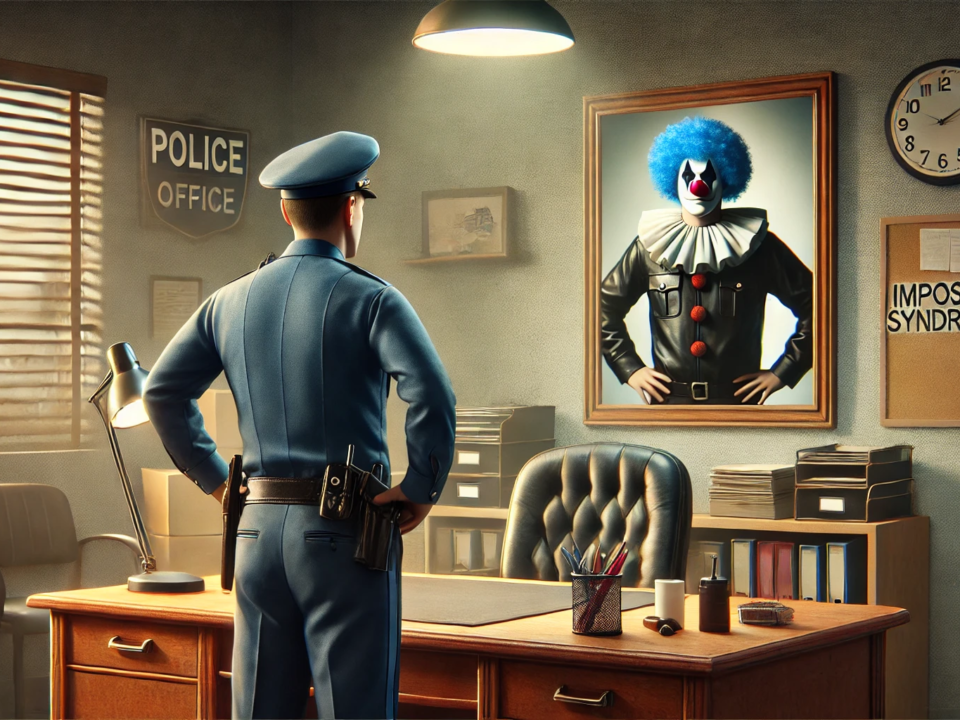5 Organization Hacks for ADHD Minds to Stay on Track

How to Boost Productivity as an Autistic Adult: Simple Strategies That Work
23/03/2025
Building a Positive Mindset with Autism: Tips for Everyday Success
23/03/2025When I was a kid, my nickname was “Mudo”—the mute one. I didn’t speak until I was five, and when I finally did, the words came out jumbled, earning me a chorus of laughs and more nicknames: “Slow Leo,” “Lost Boy,” you name it. School was a battlefield—bullies on one side, failing grades on the other. I’d sit in class, staring at a page of math problems that might as well have been hieroglyphs, my mind darting between the teacher’s voice and the sound of a pencil tapping three desks over. It took me eight grueling years to scrape my way into college, only to drop out of four different courses before I figured out how to finish one. Looking back, I see it wasn’t laziness or lack of will—it was my undiagnosed ADHD, Autism, Dyslexia, and Dyscalculia staging a silent rebellion in my brain.
I’m Leonardo Fleming, and I wasn’t diagnosed with Autism, ADHD, Dyslexia, and Dyscalculia until adulthood. By then, I’d spent over 20 years in the Brazilian Military Police, rising to the rank of 2nd Sergeant PM, despite a childhood that screamed I’d never amount to much. Today, I’m a Best-Selling Amazon author with my eBook Be a 10 in Life: Learn to Achieve Your Dreams, an Immortal Academic, a Learning and Assessment Specialist, and the top-voted speaker at The Best Speaker Brasil 2024. How did I go from a kid who couldn’t keep up to a man who inspires thousands? It started with learning to organize my chaotic ADHD mind. After years of trial and error, I developed my own methods to stay on track—methods that turned obstacles into fuel. Here are five organization hacks that worked for me, and I’m betting they’ll work for you too.
Why Organization Feels Impossible with ADHD
ADHD is like having a brain that’s a runaway train—full of energy but no brakes. One minute, I’m laser-focused on organizing my sock drawer; the next, I’m researching the history of socks instead of finishing the task. Distractions are everywhere, and my impulse to chase them is relentless. Add in Dyslexia, and written lists turn into a puzzle; toss in Dyscalculia, and time management becomes a guessing game. For years, I thought organization was a skill I’d never master. But it’s not about being naturally tidy—it’s about finding systems that trick your ADHD brain into cooperating. These five hacks are my lifeline, and they’re simple enough to stick.
Hack 1: The One-Minute Rule
I used to let tasks pile up until my desk looked like a war zone—papers, pens, coffee cups everywhere. Then I stumbled on the “One-Minute Rule”: if it takes less than a minute, do it now. Hang up my jacket? Done. Toss a wrapper? Gone. Reply to a quick text? Sent. It’s not about big wins—it’s about stopping the clutter before it starts. My ADHD brain loves instant gratification, and this hack feeds that need without overwhelming me. Over time, those tiny actions add up, keeping my space—and my mind—less chaotic. Try it: next time you see a small task, don’t think—just do it. You’ll feel lighter, I promise.
Hack 2: Color-Code Everything
Lists were my enemy growing up—black-and-white words blurred into nonsense thanks to Dyslexia. Then I discovered color-coding, and it was like flipping a switch. Now, I use bright markers to organize my life: red for urgent tasks, blue for meetings, green for personal stuff. On my calendar, a glance tells me what’s what—no reading required. My Military Police days taught me the power of quick, clear signals, and this hack brings that to my ADHD brain. It’s visual, it’s fun, and it cuts through the fog. Grab some pens or a digital app and assign colors to your priorities. It’s organization that feels like play, not work.
Hack 3: The “Dump Zone” Trick
My ADHD loves to scatter—keys on the counter, notes on the couch, wallet who-knows-where. I’d waste hours hunting for things, cursing myself the whole time. Then I created “Dump Zones”: one spot for essentials. Near my door, I’ve got a tray for keys, wallet, and sunglasses. On my desk, a box holds pens, chargers, and sticky notes. It’s not about being perfect—it’s about giving my chaos a home. When my brain’s too wired to sort, I dump and move on. Later, I can organize if I feel like it. Set up your own Dump Zone today—pick one spot and toss your must-haves there. It’s a game-changer.
Hack 4: Use Alarms Like a Personal Assistant
Time blindness is my ADHD kryptonite. I’d start a task at 10 a.m. and look up to find it’s 3 p.m., with nothing else done. Now, I set alarms for everything—work blocks, breaks, even drinking water. My phone’s my personal assistant, buzzing me back to reality. I keep it simple: “10:00—Start writing,” “10:30—Stretch,” “11:00—Next task.” It’s not nagging; it’s a rhythm my brain can follow. In the Military Police, timing was life-or-death, and I’ve carried that precision into civilian life. Set three alarms for tomorrow—start small. You’ll be amazed how it keeps you on track.
Hack 5: The Night-Before Reset
Mornings used to be a disaster—rushing, forgetting, starting the day already behind. Then I started my “Night-Before Reset.” Before bed, I spend 10 minutes prepping: pick tomorrow’s top three tasks, lay out clothes, fill my water bottle. It’s not a full plan—just enough to give my ADHD brain a head start. I used to dread mornings; now, I wake up with a tiny bit of control. It’s like leaving breadcrumbs for my future self. Try it tonight: jot down one task and prep one thing. It’s low effort, high reward, and it sets you up to win.
Making It Work for You
These hacks aren’t rocket science, but they’ve carried me from a bullied kid with no direction to a 2nd Sergeant, author, and speaker. The One-Minute Rule stops the mess before it grows. Color-coding turns confusion into clarity. Dump Zones tame my scatter. Alarms keep time from slipping away. The Night-Before Reset gives me a fighting chance each day. Together, they’ve helped me write a best-seller, mentor writers, and inspire crowds—all while wrestling an ADHD mind that never sits still.
You don’t have to use them all at once. Pick one—maybe the Dump Zone—and test it for a week. Tweak it until it fits your life. ADHD doesn’t mean you’re doomed to disorder; it means you need systems that match your energy. I’ve spent decades building mine, and I’m still learning. You can too.
Conclusion
I’ve walked a long road—from a silent kid with failing grades to a man who turned his struggles into strengths. Organization isn’t about perfection; it’s about persistence. These five hacks are my proof that an ADHD mind can stay on track, no matter the odds. Keep experimenting, keep adapting, and trust that your chaos can become your power.
Leonardo Fleming is a Best-Selling Author, Learning and Assessment Specialist, and the top-voted speaker at The Best Speaker Brasil 2024. A retired 2nd Sergeant of the Brazilian Military Police, he’s also an Immortal Academic and Mentor of Writers. Diagnosed as an adult with Autism, ADHD, Dyslexia, and Dyscalculia, he inspires audiences across Brazil with his story of resilience and his unique methods for turning obstacles into results.

Leonardo Fleming – Palestrante nº 1 do Brasil pelo voto popular em 2024 no The Best Speaker Brasil; Escritor Bestseller da Amazon; 2º Sargento Reformado da Polícia Militar; Com vasta experiência em superar dificuldades, desenvolveu métodos de aprendizagens, ele inspira e capacita pessoas através de suas histórias reais e ensinamentos. Missão é transformar desafios em pontos fortes e promover a evolução pessoal e profissional. Saiba mais em www.leonardofleming.com. WhatsApp (68) 9 9943 6162.




